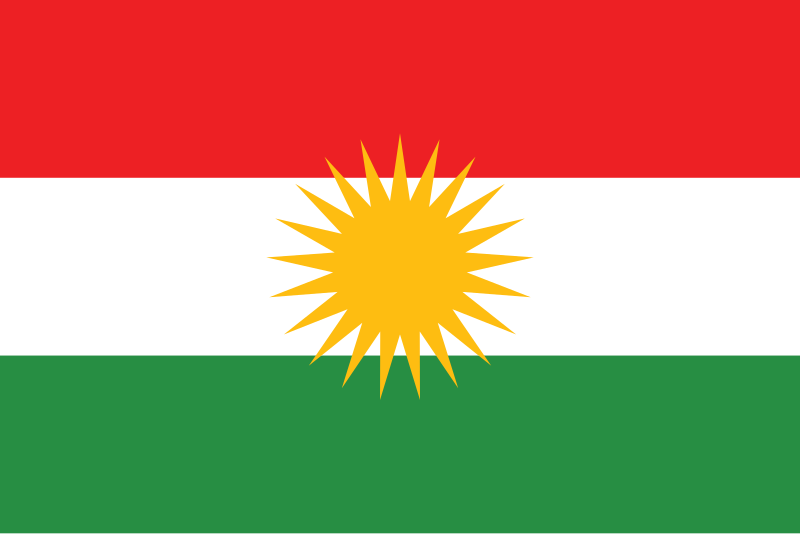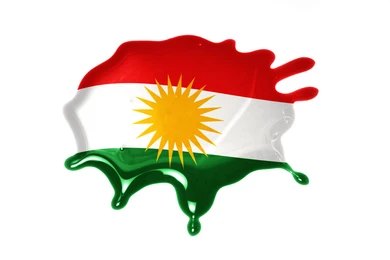From Albanian to Zulu 24/7

KURDISH TRANSLATION SERVICES
At worldLINK, we offer accurate, high-quality, and competitively priced Kurdish translation services for a range of clients, including international corporations, local businesses, NGOs, and individuals needing translations for legal, academic, or immigration purposes. Each translation is customized to capture the unique linguistic and cultural nuances of Kurdish, ensuring every project is delivered with precision and efficiency. worldLINK bridges language and cultural divides seamlessly, supporting both personal and business goals.
worldLINK KURDISH TRANSLATION SERVICES
KURDISH DOCUMENT TRANSLATION
KURDISH INTERPRETATION
KURDISH SOFTWARE AND WEBSITE LOCALIZATION

KURDISH LANGUAGE IN THE WORLD
Kurdish, with approximately 30 million speakers, is spoken primarily in regions of Iraq, Iran, Turkey, and Syria, and has a significant diaspora community. Kurdish has two main dialects—Kurmanji and Sorani—each with its own vocabulary, script, and pronunciation. As the Kurdish-speaking population engages more in international business, government, and humanitarian efforts, Kurdish translation has become increasingly essential for communication across these diverse communities.
CHALLENGES IN KURDISH TRANSLATION
Translating Kurdish requires sensitivity to its dialectal differences, with Kurmanji using the Latin script and Sorani the Arabic script. Kurdish also has unique grammar, vocabulary, and cultural expressions that must be carefully adapted for each dialect to ensure accuracy. Localizing for Kurdish-speaking audiences also requires knowledge of cultural nuances and regional variations, particularly in business, healthcare, and legal content.
At worldLINK, our skilled Kurdish translators are fluent in both Kurmanji and Sorani dialects, ensuring each translation is technically accurate and culturally resonant for Kurdish-speaking audiences.


worldLINK KURDISH INTERPRETERS
Our quality assurance process combines advanced technology with a client-centered approach, ensuring cost-effective, accurate, and timely solutions. Our three-phase process—project analysis, production, and post-production—guarantees the highest quality for each Kurdish translation project. Supported by specialized software and an online project management system, worldLINK provides efficient services tailored to each client’s unique needs. Our team is dedicated to delivering innovative, precise translations of the highest quality.
KEY INDUSTRIES IN KURDISH-SPEAKING REGIONS
Kurdish-speaking regions have diverse economies, with several key industries supporting growth, employment, and international collaboration. Here are some of the main industries:
- Oil and Gas: Oil and gas extraction is the backbone of the economy in the Kurdish regions of Iraq, with large reserves and an active export market. This sector supports revenue and employment, and there is a strong need for bilingual communication in business and regulatory documentation.
- Agriculture and Agribusiness: Agriculture is vital for rural communities, producing crops like wheat, barley, fruits, and vegetables. The agribusiness sector also supports livestock, with regional markets and export potential, making agriculture essential for both food security and trade.
- Construction and Infrastructure: Urban development and infrastructure projects are essential for growth, especially in major cities. The construction sector includes residential and commercial projects, as well as infrastructure improvements, supporting modernization and economic stability.
- Healthcare and Medical Services: The healthcare sector in Kurdish regions is developing, with efforts to improve hospital infrastructure and medical access. Translation in Kurdish is crucial for healthcare services, patient education, and international medical support.
- Education and Vocational Training: Education is a priority, with ongoing development in primary, secondary, and higher education. Vocational training also plays a key role in workforce development, and language support is essential for education access and curriculum development.
- Textiles and Handicrafts: The textile and handicraft industry is significant for local artisans, producing traditional Kurdish clothing, rugs, and crafts. These goods are valued both domestically and for export, supporting cultural preservation and economic growth.
- Tourism and Cultural Heritage: Tourism is a growing industry, especially in areas with historical and cultural sites. The tourism and hospitality sector includes hotels, cultural tours, and eco-tourism initiatives, drawing visitors to Kurdish regions and promoting cultural exchange.
- Renewable Energy: There is increasing interest in renewable energy projects, including solar and wind, to diversify the energy mix and reduce reliance on fossil fuels. Renewable energy initiatives support sustainable development goals, with emerging opportunities in green energy infrastructure.
- Telecommunications and Information Technology: The IT sector is expanding, with a focus on digital infrastructure and telecommunications. Investment in mobile and internet access supports connectivity and digital transformation, making technology services increasingly important.
- Non-Governmental and Humanitarian Organizations: NGOs and humanitarian organizations play a significant role in Kurdish regions, providing healthcare, education, and social services. Translation services are essential for program implementation, outreach, and communication across different languages and dialects.
